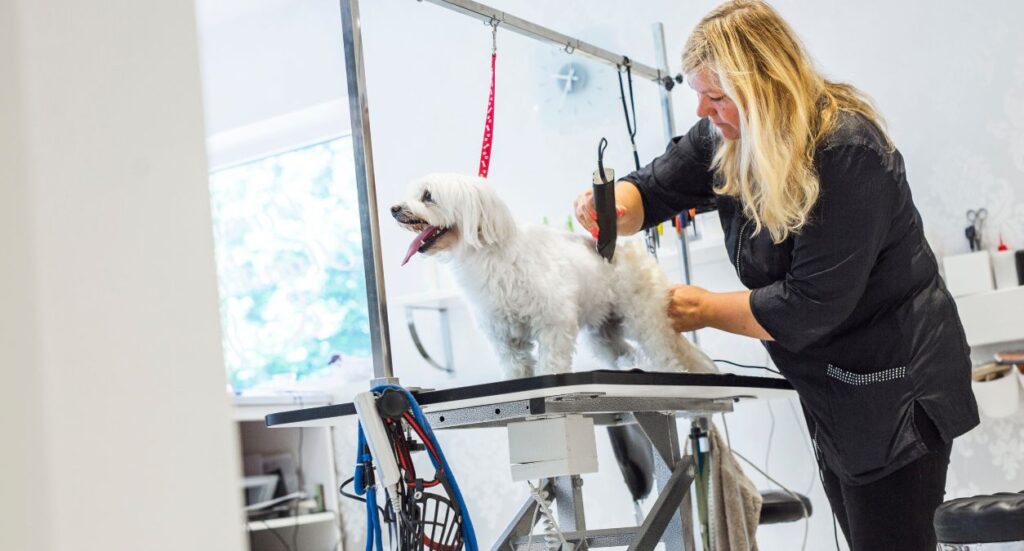If you love sport and want to make a career out of it, then become a sports therapist: it’s an excellent way for you to do something you enjoy and make some money out of it at the same time.
Sports therapy isn’t just limited to working for professional teams and athletes: there are plenty of members of the public and amateur competitors who can benefit from treatment, too. This means there’s a huge range of opportunities open to you if you want to turn it into a career, whether you want to become a sports therapist that works for someone, or branch out on your own.
In this guide, we’ll tell you all the basics you need to know on how to become a sports therapist: the types of treatments to provide, the jobs and business models available to you, and how much you can potentially earn.
How do I become a sports therapist?
What skills will I need if I become a sports therapist?
How much can I earn as a sports therapist?
There is no hard and fast answer to how much you can earn, because there are so many different variables involved. However, many of them are variables that you can work on and influence, in order to maximise your earning ability:
Experience: as is the case in any walk of life, you’ll be starting at the bottom and working your way up. If you can prove your ability and build up years of experience, then you should be able to increase your earnings over time
Qualifications: the more credentials and certifications you have, the greater your credibility in the eyes of companies looking at hiring you. This perhaps can make an even bigger difference if you’re self-employed and trying to attract clients directly
Specialism: certain skills and areas of work are in high demand, and being able to offer proficiency in those skills can stand you out in competitive job markets. If there’s a particular area you’re interested in, look at focusing on experience and qualifications that can add focus to your CV
Location: some parts of the UK have higher average salaries than others (although this can be tempered by higher living costs, especially in and around London). However, if you have the ability and flexibility to move further afield, then your chances of finding a job that meets your earning expectations will increase
Business model: as you gain experience, you may decide to go it alone and set up your own sports therapist business. Theoretically, this means there is no limit on what you can earn, but it comes down to your talent, work ethic, communication skills, and the level of competition in your area
Generally speaking, as an employed sports therapist, you can expect to earn anything between £24,000 and £45,000 a year if you’re working full-time hours. However, if working evenings, weekends and bank holidays, these figures can increase.
*Disclaimer – This blog has been created as general information and should not be taken as advice. Make sure you have the correct level of insurance for your requirements and always review policy documentation. Information is factually accurate at the time of publishing but may have become out of date.

















